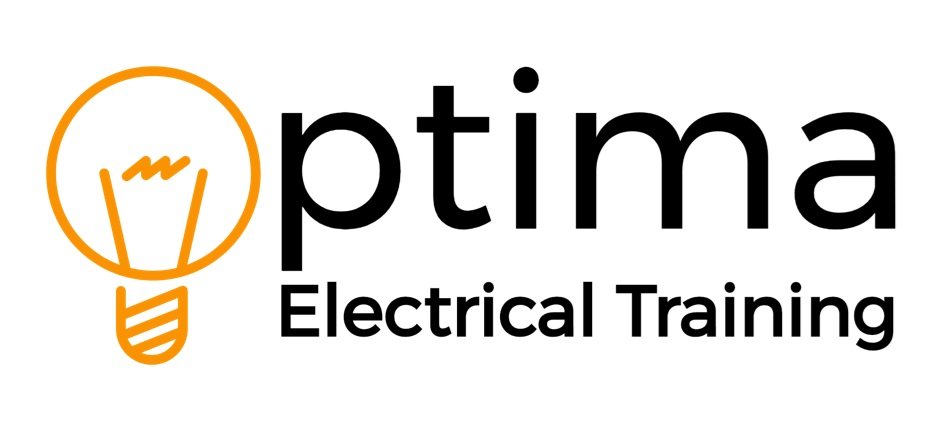Addressing the Electrical Skills Gap for a Sustainable Future
The rapid evolution of electrical systems and the push towards net zero emissions highlight a critical challenge in the UK: the urgent need to attract new talent and upskill the existing workforce in the electrical industry.
A recent seminar held in London, featuring insights from industry leaders and stakeholders, underscored the necessity of these actions to ensure safety and efficacy in the modernisation of electrical installations and systems.
Bridging the Skills Shortage
At the Installation Seminar hosted by Electrical Safety First, Lord Don Foster of Bath delivered a keynote address emphasizing the profound need for skilled electricians as the UK advances towards its 2050 net zero carbon target. The event, sponsored by AICO and CEF, focused on expanding the installer base and explored challenges related to training sufficient numbers of electricians. With the increasing reliance on electricity for home and building systems, ensuring that installations are safe from the start and maintained over time is becoming more critical than ever.
The seminar revealed that 80% of small to medium-sized enterprises (SMEs) struggle with offering the breadth of experience required by apprenticeships. This is compounded by a lack of sufficient trainers and funding issues which make it difficult to support apprentices and their employers adequately. This gap not only hampers the immediate need for competent professionals but also poses a long-term risk to the safety and efficiency of electrical systems across the country.
Enhancing Safety and Consistency in Reporting
One of the major topics discussed at the seminar was the need to improve the quality and consistency of Electrical Installation Condition Reports (EICRs). The current coding model for reporting faults is fraught with inconsistencies and uncertainties about its application. The industry leaders emphasized the necessity for the model to evolve to be more user-friendly for inspectors and understandable for end users, to avoid the potential risks associated with poorly designed and installed low-carbon technologies (LCT).
The Role of Collaboration in Industry Progress
The theme of collaboration permeated the discussions, with a consensus that working together is crucial for advancing industry standards and skills. More than 100 delegates, including representatives from manufacturers, wholesalers, educational institutions, government bodies, and housing associations, highlighted the interconnected nature of electrical safety and the broader industry goals.
The Path Forward
As Lesley Rudd, chief executive of Electrical Safety First, noted, the increasing need for electricity directly translates into a growing demand for electricians. This necessitates not only a scaling up in training and recruitment but also a unified approach to tackle the impending challenges effectively. The commitment to a safe transition to net zero, while ambitious, is essential for sustainable development.
In conclusion, the electrical industry's future hinges on its ability to modernize, collaborate, and educate. The seminar in London was a call to action for all stakeholders to play their part in crafting a future where safety and sustainability are at the forefront of electrical innovations. The urgency of this task cannot be overstated, particularly as the UK strides towards a greener and more electrically dependent future. The industry, now more than ever, needs to switch on to the big issues at hand.
If you're considering a career change or looking to enhance your existing skills, now is the perfect time to take the initiative and enrol with Optima Electrical Training. With the availability of interest-free payment plans, it's easier than ever to get started.
Contact us today to embark on your training journey.
Contact us: Request Information
Email: info@optima-ect.com
Freephone +44 800 0371572


